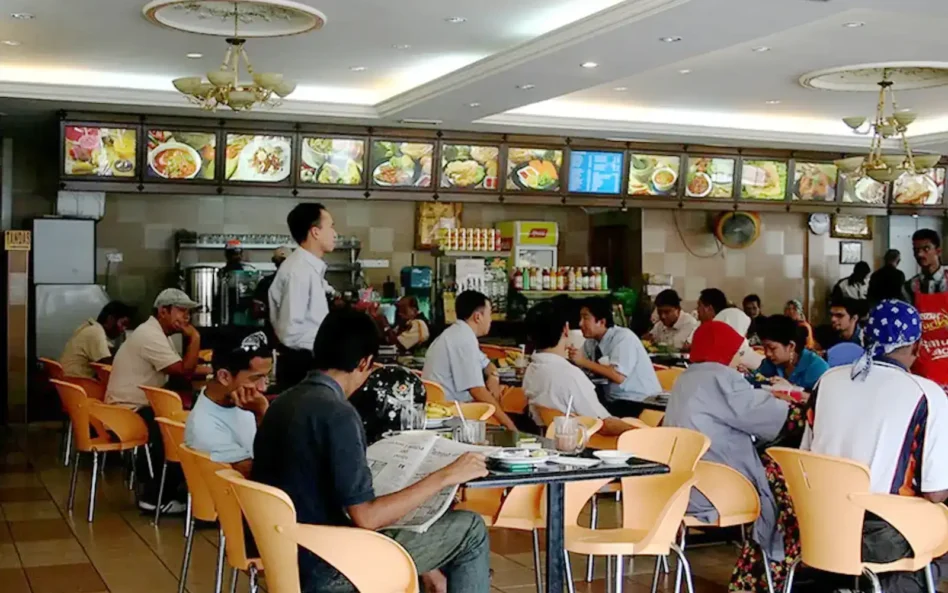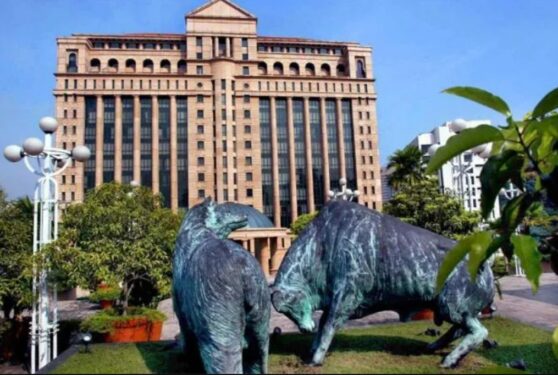MIDF Amanah Investment Bank Bhd Research (MIDF Research) has maintained its positive rating on the aviation sector, premising its call on the development of jet biofuels.
“We are optimistic about the aviation sector amidst the gradual progress in reducing carbon emissions,” the research house said in a Dec 16 note, despite development being in its infancy stage.
MIDF noted that the country’s rich biomass resources would serve as a catalyst to push forward more studies on the usage of jet biofuel derived from palm oil.
“Moreover, local airlines such as AirAsia Group Bhd have put forward their plans to operate a jet-biofuel-powered flight in the future while opting for more fuel-efficient aircraft such as the Airbus A321neo,” MIDF said.
Moving forward, MIDF said that with more fuel-efficient aircraft in the order book of airlines, Malaysia has to secure more “design and build” work packages and become a “risk-sharing partner” with original equipment manufacturers from the early stages of an aircraft’s lifecycle.
“We also expect Malaysia Airports Holdings Bhd (MAHB) to be a major beneficiary of a growing aerospace industry given its ample land bank surrounding KLIA (over 9,000ha) and Subang Airport (430ha),” it said.
The government has set aside RM30 mil under Budget 2020 for research and development. This includes matching grants where industry players as well as researchers can collaborate to develop higher value-added downstream uses of palm oil, specifically tocotrienol in pharmaceuticals and jet biofuel.
According to Malaysian Palm Oil Board (MPOB) estimates, a Malaysia-based airline would require 60,000 tonnes per year of jet biofuel to meet the 2% blending ratio requirement as outlined by the Carbon Offsetting and Reduction Scheme for International Aviation (CORSIA).
Under CORSIA, emissions on all international flights will need to be monitored, verified and reported by the airlines. This came into effect on Jan 1, 2019.
MPOB is expected to start developing palm-based jet fuel with overseas partners in 1HCY20, including a pilot plant for the fuel.
“We opine that the overseas partner could be from China as the country has plans to invest at least RM2.0 bil in a bio-jet fuel plant in addition to purchasing 1.9 million tonnes more of palm oil from Malaysia over the next five years,” MIDF said.
But challenges remain. Sustainable aviation fuel, which includes biofuel, is currently more expensive than regular jet fuel, and this cost premium is a barrier to wider take-up.
According to MIDF, fuel cost is the single largest overhead expense for airlines, accounting for 22% of direct costs on average, and covering a significant cost premium to jet kerosene (which varies with crude oil price).
For all biofuels, obtaining an economic feedstock supply is fundamental to achieve competitiveness, as feedstocks are the major determinant of production costs, the research house said.









